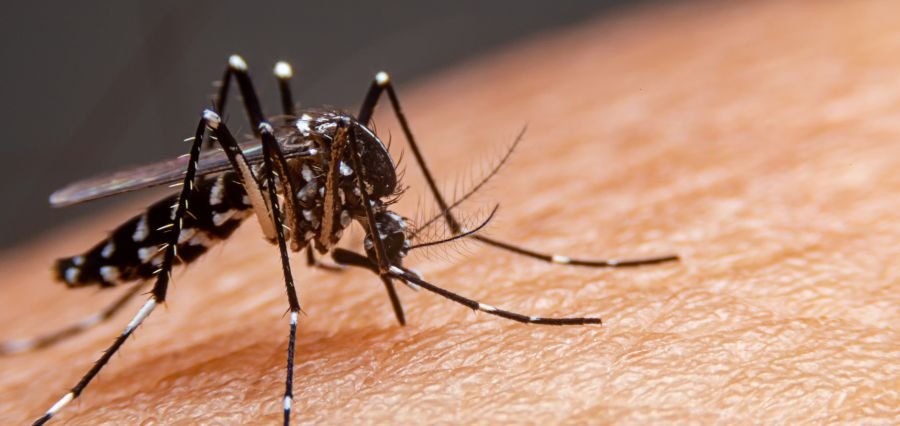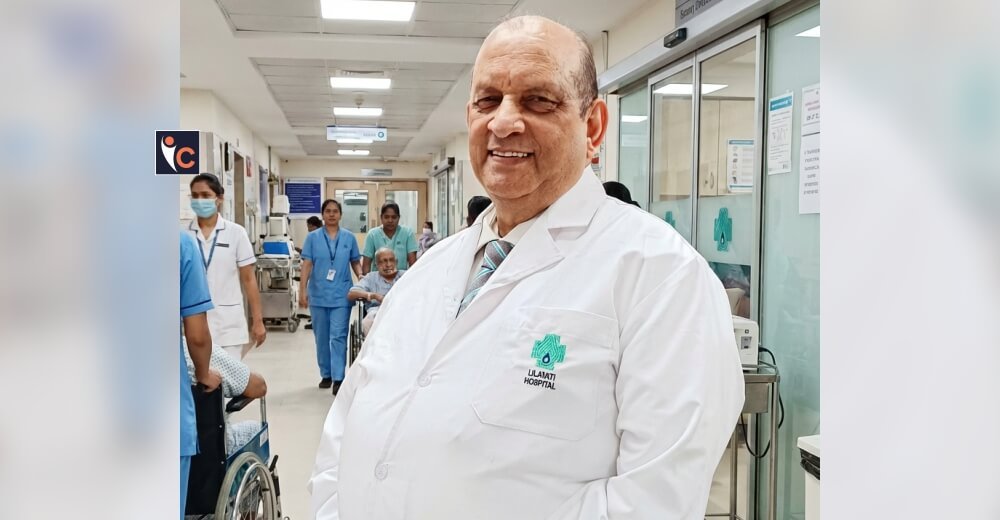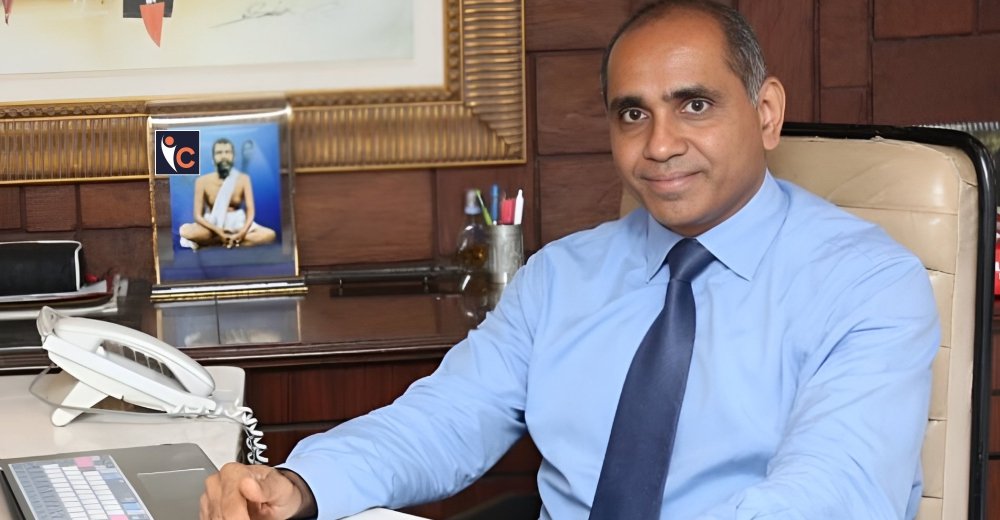Prime Highlights :-
- Mumbai, Kolkata, Lucknow, and Nagpur report rising dengue cases this monsoon.
- Mumbai has already surpassed last year’s dengue case numbers by July, while Kolkata has reported two dengue-related deaths in mid-August.
Key Facts
- Dengue cases are higher than last year, and hospitals see an OPD surge.
- Families should empty standing water weekly, cover tanks, clean coolers, use repellents, and seek medical care for severe symptoms (abdominal pain, vomiting, bleeding).
Background
Several Indian cities are witnessing a sharp rise in dengue cases this monsoon, with health authorities reporting increased infections and hospitals noting a higher patient load. Mumbai, Kolkata, Lucknow and Nagpur are among the cities facing a seasonal spike in the mosquito-borne disease.
In Mumbai, the Brihanmumbai Municipal Corporation (BMC) said dengue infections have already crossed last year’s numbers through July. Doctors are reporting a surge in patients with fever, body ache and fatigue, warning that high humidity and waterlogging are creating favourable conditions for mosquito breeding.
Kolkata has reported two dengue-related deaths in mid-August along with fresh clusters of cases. The Kolkata Municipal Corporation (KMC) has intensified fogging and cleaning operations in localities such as Ballygunge and Behala, while also urging Puja organisers to prevent water stagnation near pandals. Hospitals are seeing weekly increases in dengue admissions, with some patients showing unusual symptoms like stomach issues in addition to the classic signs.
In Lucknow, cases have been rising steadily over the past 45 days. Residents have pointed to clogged drains and poor fogging efforts in several areas. The municipal body has begun citywide cleanliness and insecticide spray drives in response.
Nagpur has also launched an intensive anti-dengue campaign after surveys found mosquito larvae in nearly 8,000 homes out of 1.46 lakh inspected. Although confirmed case numbers are still low, officials warn of a high transmission risk if breeding is not controlled. Health experts say the spike follows a familiar pattern. Intermittent rains and waterlogging create small collections of clean water, which serve as breeding sites for Aedes mosquitoes that spread dengue.
Medics recommend that families empty standing water once a week, cover tanks, clean the coolers, and use mosquito repellents. Warnings such as serious abdominal pain, vomiting, or bleeding are strong indications to seek medical care.The authorities are keen to state that, as crucial as it is to follow through with civic fogging, reducing dengue during this monsoon mainly depends on maintaining a dedicated household effort.





